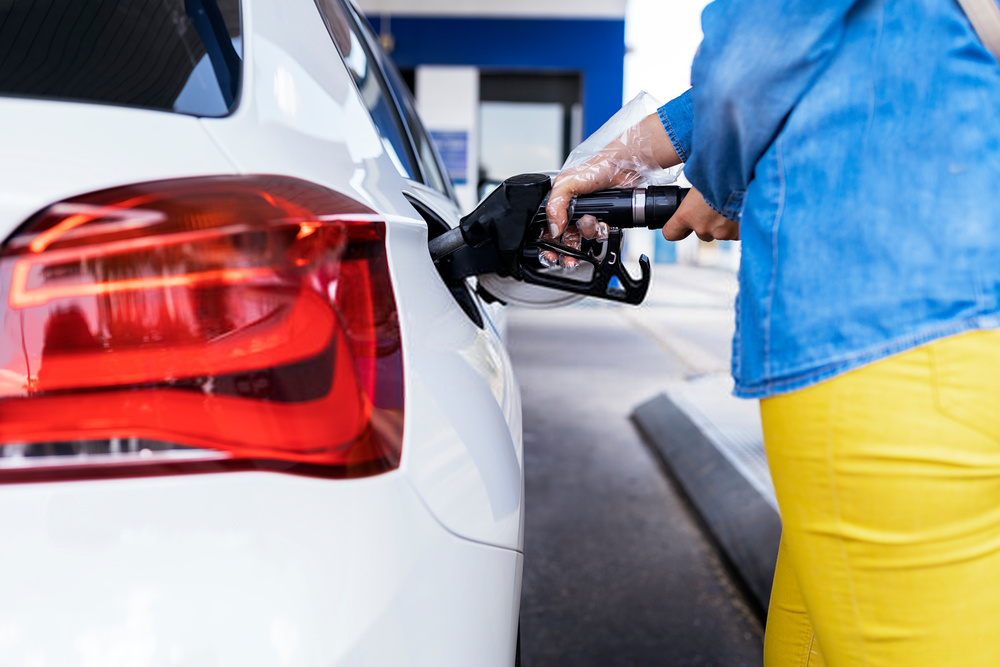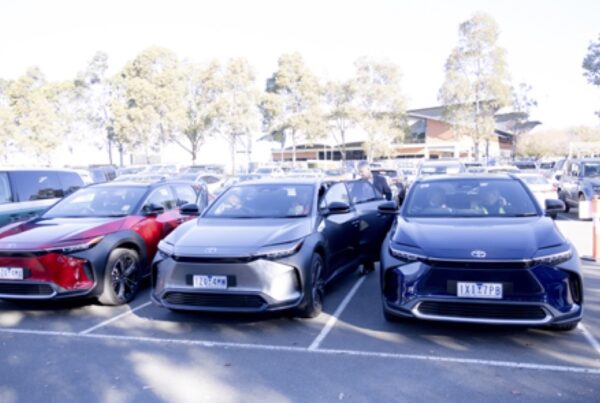Australian petrol prices are breaking record highs across major capital cities as lockdowns start to ease up in more states.
The Australian Institute of Petroleum reported that in the week ending on October 17, 2021, the average national retail price for petrol was 160.7 cents per litre. This was an increase of 6.9 cents per litre from the previous week and a 13-year high.
Meanwhile, MotorMouth has reported that the week opened with the highest average retail prices in Sydney (170.4 cents per litre), Melbourne (174.7 cents per litre), and Brisbane (176.6 cents per litre).
This is a stark contrast from the 22-year low reported by the Australian Competition and Consumer Commission (ACCC) between late 2020 and early 2021. During this period, the average price of unleaded petrol was 129.7 cents per litre.
Why are prices soaring now?
According to the ACCC, the travel restrictions that resulted from the pandemic has put a damper on fuel prices last year.
With less mobility, demand for petrol in Australia also went down, resulting in record lows in prices. However, as more states are emerging from lockdowns, demand and prices are on the rise again.
Furthermore, international oil prices driving Australian petrol prices up. CommSec reported that over the weekend the Brent crude oil price topped US $85 a barrel for the first time in three years.
What this means for fleets
Rising national fuel prices can impact the overall cost of maintaining a fleet. While fleets can’t control the ebb and flow of petrol costs, there are fuel management strategies that fleet managers can develop and implement to reduce costs. This can include:
- Driver coaching and getting them onboard with fuel management
- Preventive maintenance to keep vehicles operating efficiently
- Regular tyre maintenance to keep them in good condition
- Keeping tyre pressure at optimal levels to reduce drag and fuel usage
- Using telematics to track relevant data
It’s important to understand the fuel consumption and operating costs of different vehicles. To assist this comparison, AfMA offers members access to our Whole of Life Cost Calculator
This is a web-based tool which is fully integrated with Redbook and allows you to compare up to four vehicles to determine a vehicles cost per kilometre over its life.
Based on proclaimed fuel economy, anticipated kilometres travelled and all cost inputs (maintenance/repair costs, tyre cost, roadside assistance, fringe benefits tax, insurance, insurance excess, remarketing costs, decommissioning costs, interest/notional interest on capital cost of vehicle and vehicle amortisation (difference between purchase price and residual/sale value)) you can easily compare cost per kilometre however driver behaviour will still contribute to higher of lower fuel consumption regardless of which vehicle you choose.
Not yet an AfMA member? Sign up here to get access to a wide array of Member-Only Resources to help you better manage your fleet.



















